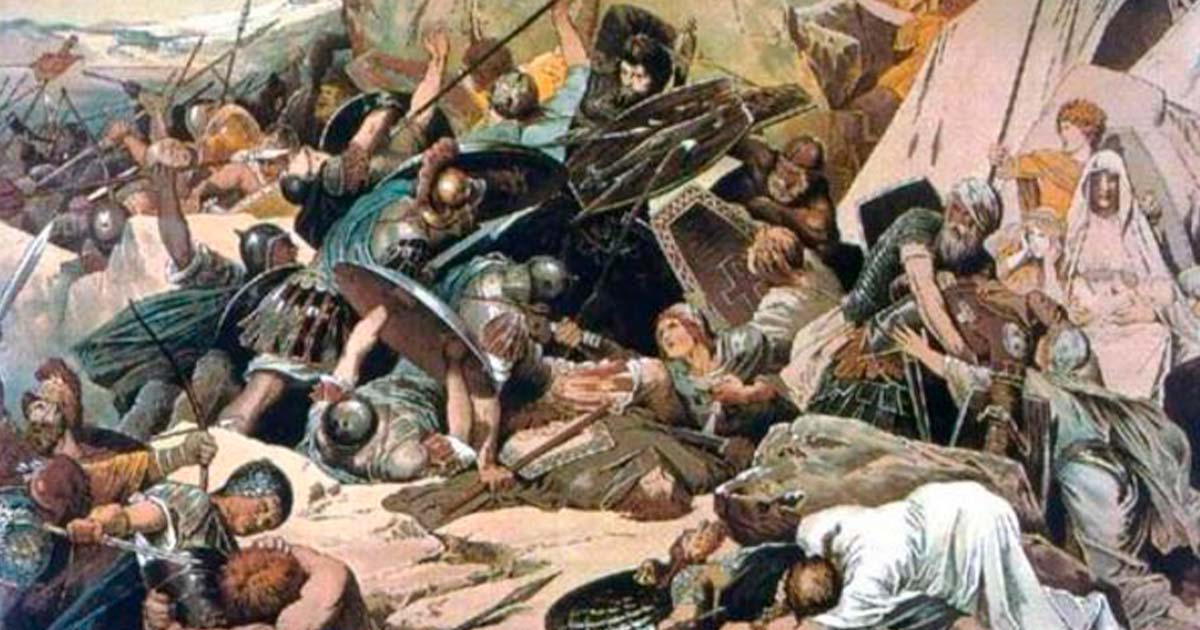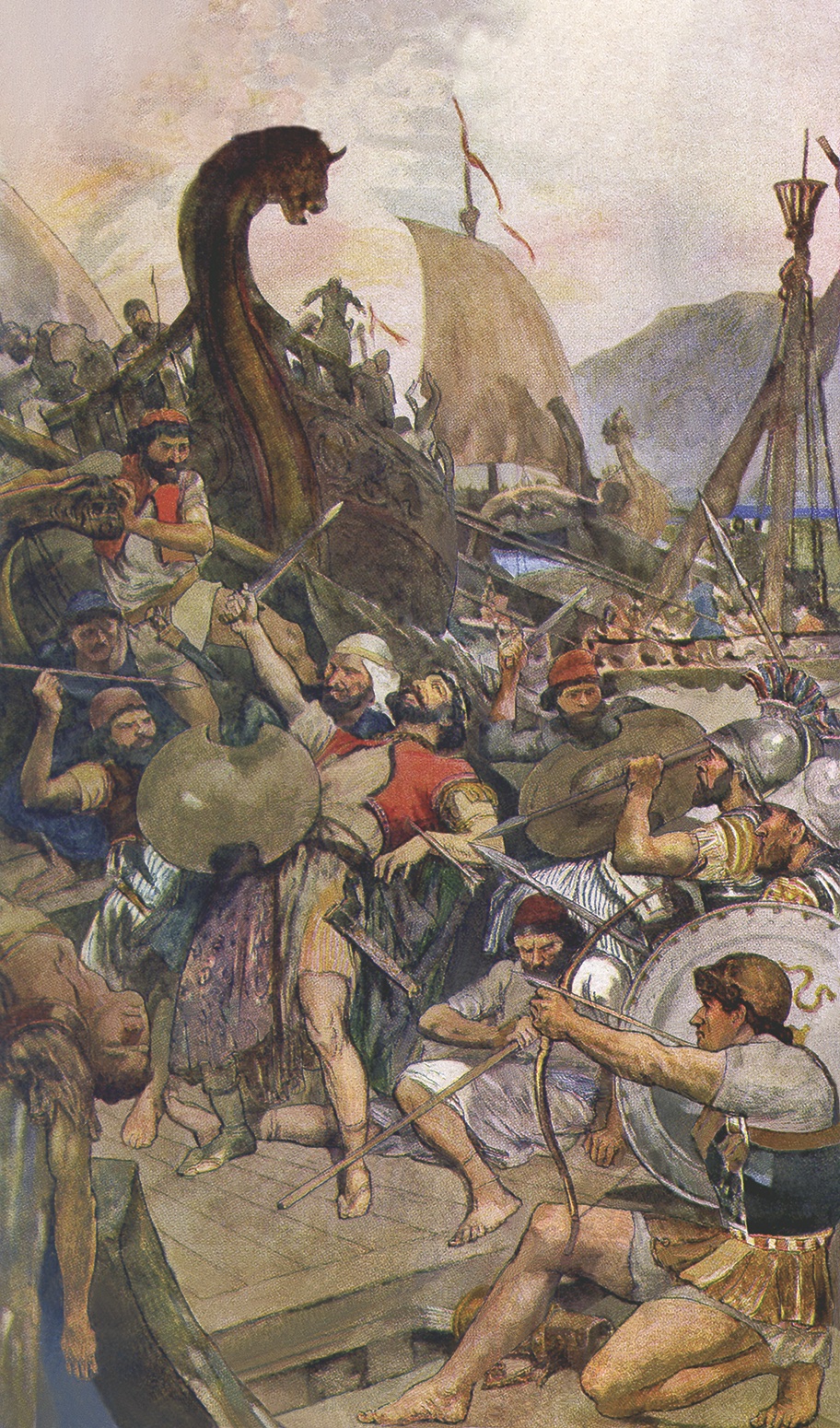Influencing European History: What Set the Goths Apart


The Goths, pioneers in military strategy, left an indelible mark on European history. Introducing cavalry to warfare, they confronted the Romans at the Battle of Adrianople in 378 AD, a pivotal event often seen as a precursor to the fall of Rome.
Contrary to stereotypes, the Goths were ancient tribes, the Ostrogoths in the East and the Visigoths in the West, significantly influencing European culture. The Battle of Adrianople showcased their resilience and military prowess, shaping the continent’s trajectory. Gothic society, beyond military exploits, featured a structured hierarchy engaged in diverse economic activities.

From farming to trade and craftsmanship, the Goths contributed to the fabric of European life. Their religious practices evolved from Germanic paganism to Christianity, with a pantheon of gods and intricate rituals. Changes in burial customs reflected shifts in religious beliefs over time.
Despite their tumultuous history, the Goths emerged as multifaceted and resilient people. Enduring, adapting, and contributing culturally beyond warfare, they played a crucial role in the decline of the Roman Empire. The Goths’ ability to navigate through complex relationships with the Romans and leave a lasting impact on European history highlights their unique and influential position in the annals of time.